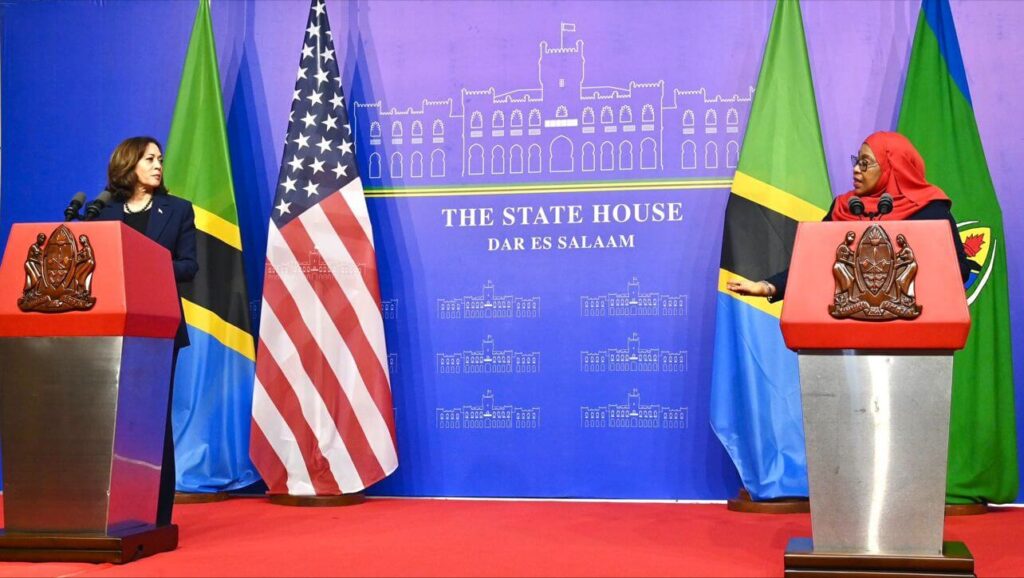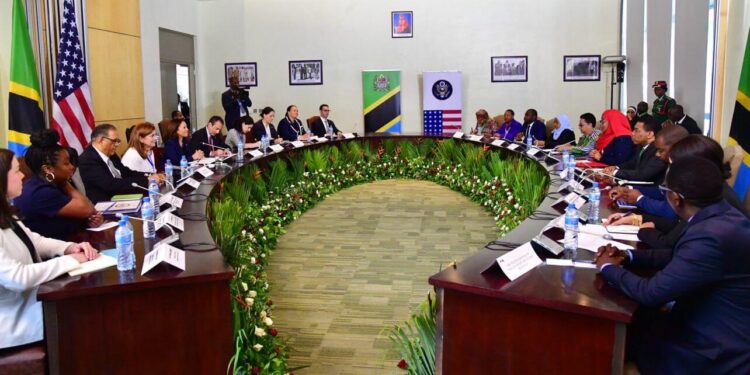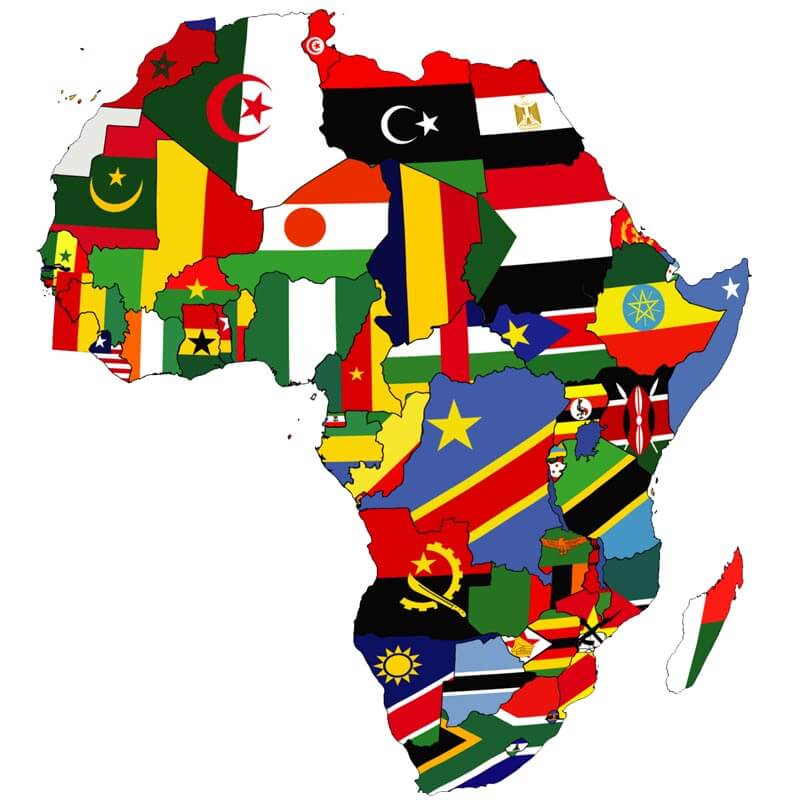The Export-Import Bank of the United States (EXIM) and the Government of Tanzania will sign a Memorandum of Understanding (MOU) to expand U.S.-Tanzania commercial engagement by empowering U.S. businesses to export quality, innovative goods and services to Tanzania, the U.S. Vice President Kamala Harris announced.
Harris announced plans to boost trade with and investment in Tanzania during a visit yesterday, as part of an African tour aimed at strengthening ties with a continent where China and Russia increasingly hold sway.
The MoU, which will facilitate up to $500 million in U.S. export financing to Tanzania, will support exports in a variety of sectors, particularly: infrastructure, transportation, digital technology, climate and energy security, and power generation and distribution projects.
“The MOU will support jobs in both Tanzania and the United States, and builds on EXIM’s Congressional mandate to increase U.S. exporters’ relationships in sub-Saharan Africa,” she said.
The Vice President’s travel to Tanzania affirms the partnership between our two countries and will advance cooperation on commercial engagement, digital connectivity, investing in women and youth, fostering democratic values, food security, marine conservation, and health.

In support of the breadth and depth of our bilateral engagement, the Administration intends to provide $560 million in bilateral assistance in fiscal year (FY) 2024 for Tanzania.
Life Zone Metals Project
The United States, through the Partnership for Global Infrastructure and Investment (PGII), the Administration’s signature G7+ effort to enable transformative infrastructure development, has helped facilitate a strategic partnership between Life Zone Metals and TechMet, a leading critical metals company part-owned by the U.S. Government through the U.S. International Development Finance Corporation (DFC).
Life Zone Metals entered into a Framework Agreement with the Tanzanian government to open a new multi-metals processing facility that will use innovative, low-emission technology to process nickel and other critical minerals mined in Tanzania, targeting delivery of battery grade nickel to the U.S. and the global market as soon as 2026.
The partnership will also work to identify additional opportunities across the region for critical mineral inputs to the new facility.
These efforts are aimed at building and expanding resilient, transparent supply chains for clean energy technology that are based on extensive local engagement, respect for the environment and conservation, and safe, high-integrity labor practices.
The partnership between the United States and Tanzania is rooted in more than six decades of economic, development, health, and security cooperation.
The United States and Tanzania stand together as friends and partners, based on the principle of mutual respect and aspirations for a more peaceful and prosperous future.







